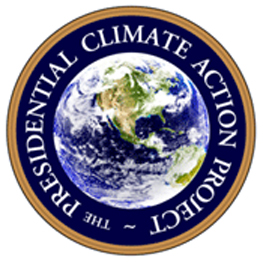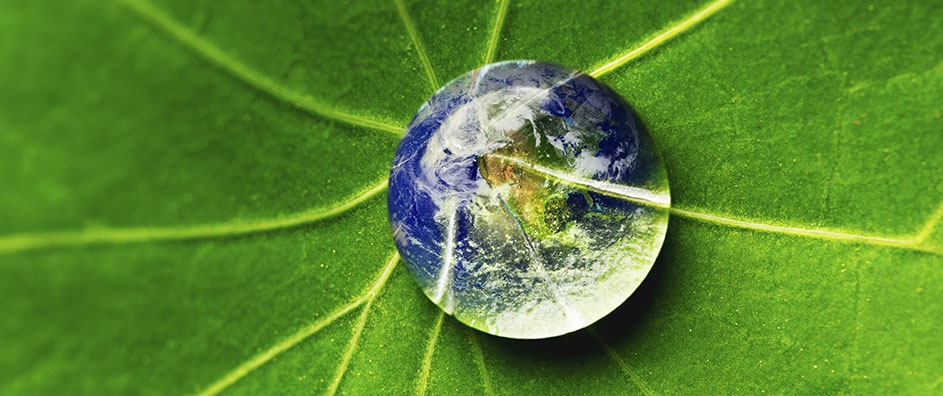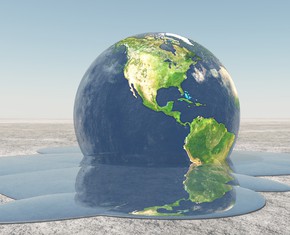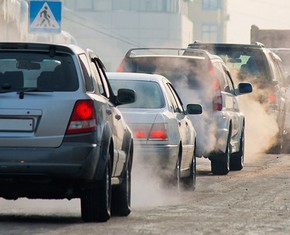The views expressed in our content reflect individual perspectives and do not represent the authoritative views of the Baha'i Faith.
Seven years ago, while I had the privilege of working on a national campaign called the Presidential Climate Action Project, I got my first taste of active science hostility.
But let me back up for a minute first to explain.
In 2007, a group of scientists and governmental policy advisors came together at the University of Colorado and decided to see what they could do to inform and educate all of the United States’ presidential candidates on the issues of climate change. At that point sixteen mainstream candidates had announced their intention to run for President, and many of them, the scientists believed, might benefit from a non-partisan, educational and completely scientific briefing on climate change.
The PCAP (www.climateactionproject.com) project developed more than two hundred policy recommendations on climate, energy security and a clean energy economy, with a focus on what the next President of the United States could accomplish using his or her executive authority–in other words, without action by Congress. We knew that the deep partisan political divide in Congress, and the enormous sway that well-funded lobbying interests hold over elected representatives, didn’t bode well for unified Congressional action.
 So PCAP gathered and compiled innovative ideas from the world of science and policy, and we worked together to get the word out to the candidates and the public. I knew the job would be tough. For many reasons, some Americans seem to harbor an active hostility toward the idea of climate change and even toward science itself, so we knew we might have to fight an uphill battle.
So PCAP gathered and compiled innovative ideas from the world of science and policy, and we worked together to get the word out to the candidates and the public. I knew the job would be tough. For many reasons, some Americans seem to harbor an active hostility toward the idea of climate change and even toward science itself, so we knew we might have to fight an uphill battle.
We worked hard, though, all the way through the 2008 Presidential election in November. We held retreats and seminars, we conducted public polling, we spoke to the media across the country, and we extended invitations to meet with the PCAP scientists and leaders to all of the sixteen mainstream Presidential primary candidates from both parties. We wound up having meetings with thirteen of them.
Interestingly, among the thirteen candidates we met with, John McCain and Barack Obama both expressed high levels of interest in the subject. We knew, of course, that Senator McCain was a front-runner for the nomination from his party, but at that point the pundits didn’t give Senator Obama much of a chance of securing his party’s nomination. We all know how that turned out.
The fascinating thing for me about all of this, however, didn’t hinge on the candidates themselves—it all came down to the level of general education of the American public.
We learned in our polling, conducted with the Harris Poll organization, that just a little more than three-fifths (62%) of all U.S. adults believe that the president of the United States should initiate strong action to address climate change. The rest of the populace—more than a third of Americans– either didn’t have an opinion, or expressed active disbelief in the reality of climate science. We were amazed.
In fact, we realized as we polled the population of the United States that belief in the importance of climate change varied in direct proportion to education. Those with college educations typically saw the issue as much more critical, requiring quicker and more stringent action, than those with lower levels of formal education, who often dismissed the science and its conclusions.
One man in Texas said “Hey, down here the phrases “global warming” and “climate change” are laugh lines. You say those phrases, everybody laughs.”
We also heard frequently about the perception that climate change hadn’t yet become a “pocketbook issue”—something that directly affected people’s financial lives.
But most importantly, we learned that politicians, especially those on the national stage in America or any other country, can’t often actually lead—instead, they can only go as far as the educational level their constituency allows. Their leadership initiatives have to enjoy broad support to succeed, which means that every weighty policy decision depends on the general awareness, altruism and level of scientific accomplishment of the entire population.
All of this brought to mind Abdu’l-Baha’s three “cardinal principles” of education in the Baha’i teachings:
First: Whole-hearted service to the cause of education, the unfolding of the mysteries of nature, the extension of the boundaries of pure science, the elimination of the causes of ignorance and social evils, a standard universal system of instruction, and the diffusion of the lights of knowledge and reality.
Second: Service to the cause of morality, raising the moral tone of the students, inspiring them with the sublimest ideals of ethical refinement, teaching them altruism, inculcating in their lives the beauty of holiness and the excellency of virtue and animating them with the excellences and perfections of the religion of God.
Third: Service to the oneness of the world of humanity; so that each student may consciously realize that he is a brother to all mankind, irrespective of religion or race. The thoughts of universal peace must be instilled into the minds of all the scholars, in order that they may become the armies of peace, the real servants of the body politic-the world. God is the Father of all. Mankind are His children. This globe is one home. Nations are the members of one family. – Abdu’l-Baha, Star of the West, Vol. IX, p. 98.
















Comments
Sign in or create an account
Continue with Googleor